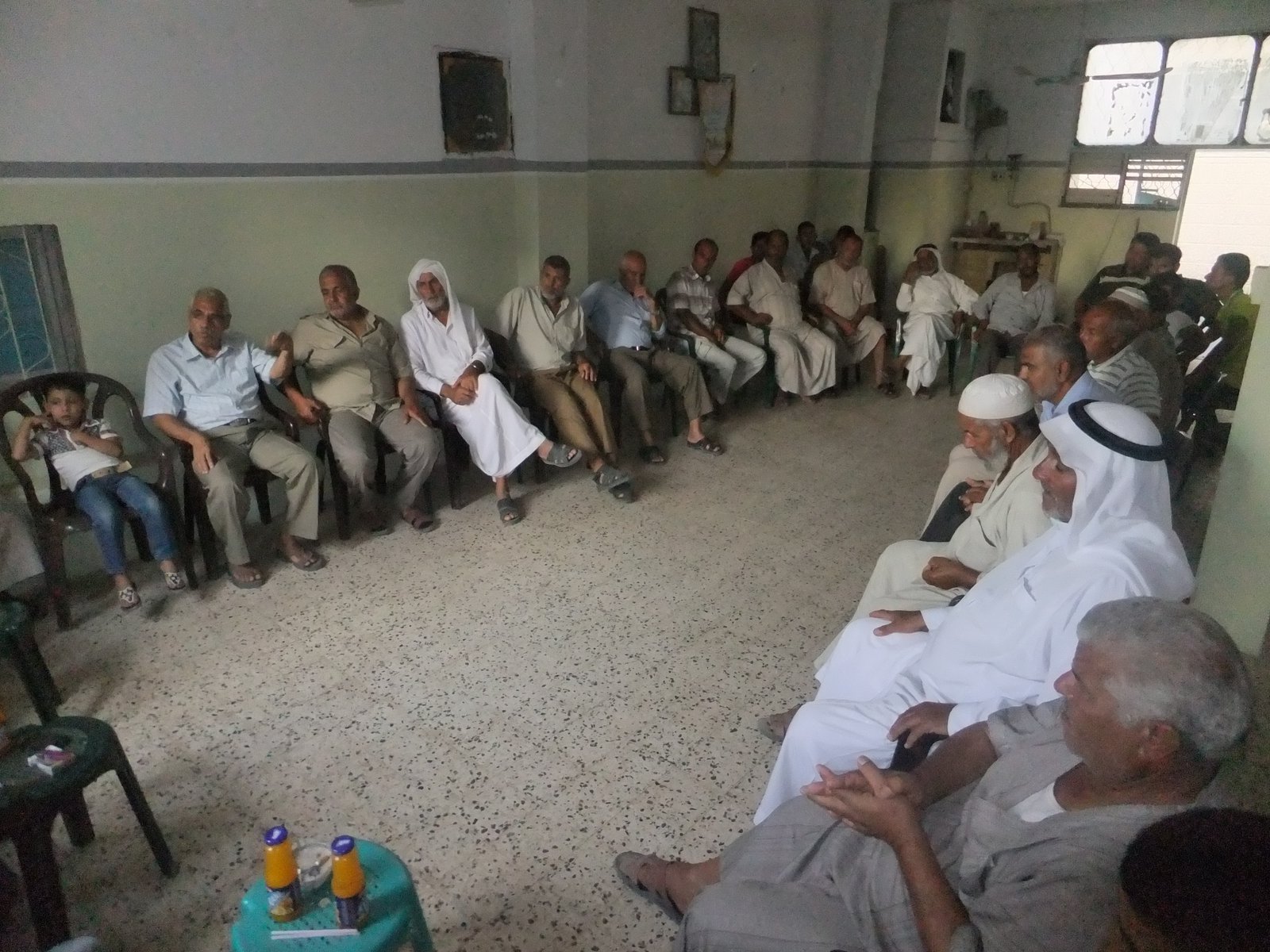Tag: Fishermen
-
Gaza fishers and farmers: nowhere to go
13th September 2013 | International Solidarity Movement, Kevin Neish | Gaza, Occupied Palestine We had a meeting with some leaders in the Gaza commercial fishing industry, to hear their stories and see if or how we can assist them. Gaza Strip fishers have historically been some of the poorest families here, especially as many are not…
-
Video: Gaza: The economy under the siege
24th August 2013 | International Solidarity Movement, Gal·la | Gaza, Occupied Palestine Khalil S. Shaheen, Head of the Economic Unit at the Palestinian Center for Human Rights, talks about the Gaza economy under the siege, how the occupation and the siege affect directly the economy, and therefore the development of the oppressed Palestinian people, denying them the…
-
Palestinian fisherman injured in an accident while escaping Israeli gunship attack
6th July 2013 | International Solidarity Movement, Rosa Schiano | Gaza, Occupied Palestine In the early hours of the morning of Sunday June 30th 2013, Sharif Arafat, a 30-year-old Palestinian fisherman, was injured on a fishing boat off the coast of Soudania, North of the Gaza Strip. The captain of the boat, Nafiz At Habeel,…


